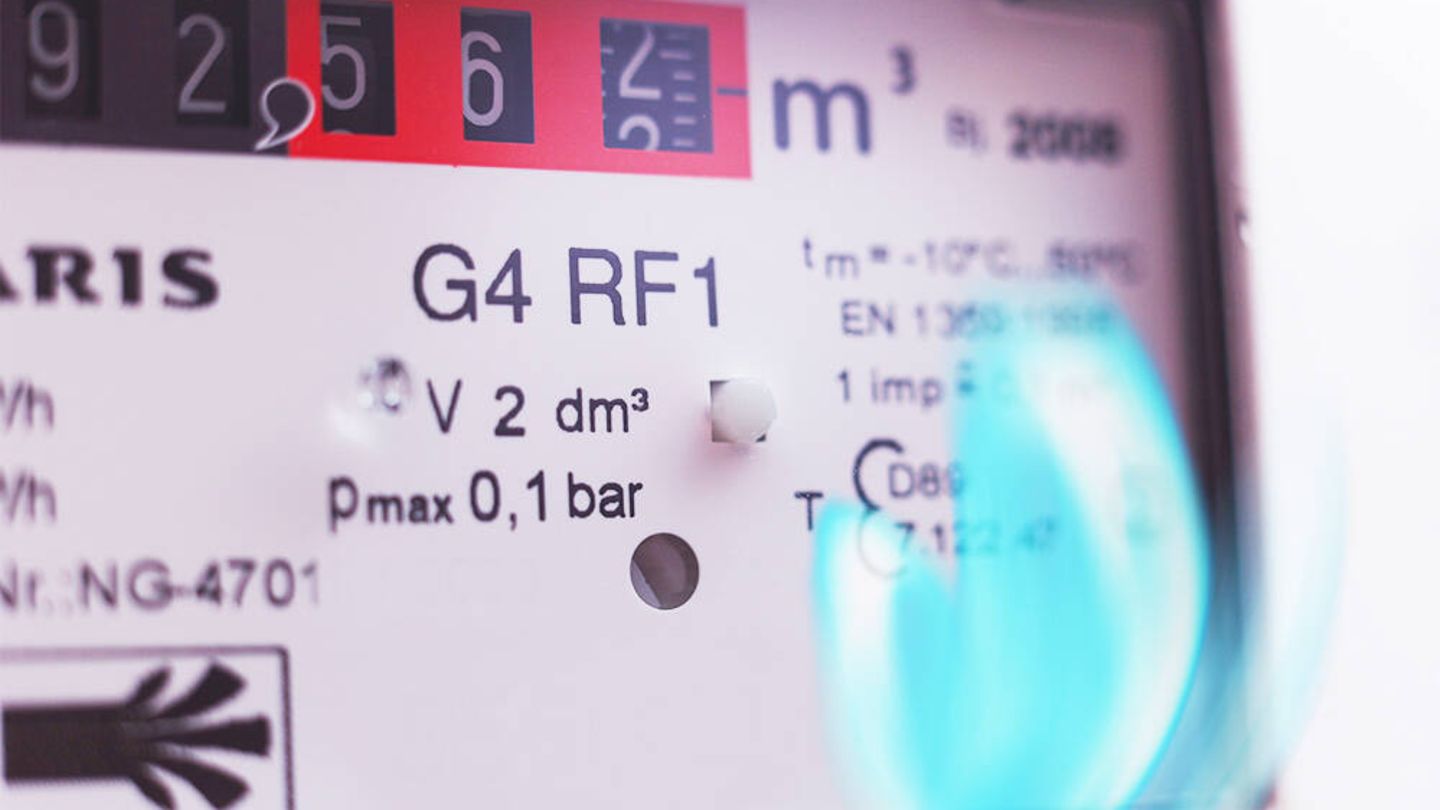The new gas surcharge burdens households with hundreds of euros extra. And the government’s plan to waive VAT has failed. What you can do now to help gas customers.
It will be an expensive winter for gas customers. In addition to the sometimes exorbitant price increases by suppliers, they will also have to pay the new gas surcharge from October. That is initially 2.4 cents per kilowatt hour. A family with a house and 20,000 kilowatt hours of annual consumption thus pays 484 euros extra per year, including VAT it is 576 euros. And the levy may increase in the future.
The federal government’s plan to waive at least the VAT on the levy for gas customers has failed. Because that violates European law, as the EU Commission confirmed on Tuesday. Politicians are now feverishly considering what they can do instead to cushion the price shock for consumers. These possibilities are discussed:
1. Reduce VAT on the gas surcharge
Abolishing VAT on the gas levy is not compatible with EU law, but a reduction would be possible. Currently, 19 percent VAT is due. The EU prescribes a minimum rate of 15 percent for regular VAT and only 5 percent for the reduced VAT rate. The first traffic light politicians, such as the economic policy spokesman for the Greens, Dieter Janecek, or SPD economic expert Falko Mohrs are therefore calling for a reduction to 5 percent.
What’s the point? A reduction in VAT from 19 to 15 percent would only have cosmetic effects. But even with a reduction to 5 percent, the relief would be manageable: the family from the example above would still pay a surcharge of 508 euros instead of 576 euros.
2. Reduce VAT on gas overall
What should not be forgotten: the gas levy is less of a cost for most households than the regular price increases. Because many providers are currently increasing their prices by 50 or 100 percent. A family can face annual additional costs of 1000 euros and more. A total reduction in VAT on gas is therefore currently being discussed.
For example, the BDEW energy association is calling for a reduction in the value-added tax on gas and electricity prices from 19 to 7 percent, the reduced value-added tax rate applicable in Germany. This should apply from January 1, 2023 for at least two years. There are supporters of the idea in the SPD, while the Greens are more skeptical. Because the measure would be very expensive and not very accurate – similar to the tank discount. And the next thing would probably be people with oil heating who have also experienced a price explosion and would also like to pay less VAT.
What’s the point? According to the BDEW, a model family in a single-family house would save 356 to 516 euros per year on gas alone with a reduction in VAT to 7 percent – depending on the development of the gas price. High earners who heat their large homes with gas would also benefit financially. The aim is actually to promote the switch to renewables.
3. Reduce or eliminate energy tax
Instead of the VAT on gas, the government could also approach the energy tax. Politicians could temporarily exempt gas for heating from the energy tax. Such exceptions are explicitly provided for in the EU directive on energy tax, tax law expert Joachim Englisch told the Handelsblatt.
What’s the point? The effect would be strong: According to English, an energy tax exemption for heating gas would amount to 0.55 cents per kilowatt hour, the value added tax only 0.45 cents. However, the same counter-arguments apply as for a general reduction in VAT.
4. Pay an energy money
Instead of tweaking taxes, the government could also give the proceeds (or even more) back to the citizens. This is what some economists advocate. The President of the German Institute for Economic Research (DIW), Marcel Fratzscher, proposes an energy allowance for people with low and middle incomes. “The best instrument are direct transfer payments such as an energy money of 100 euros per person and per month for the next 18 months,” he told the DPA.
The head of the Institute for Macroeconomics and Business Cycle Research (IMK), which is close to the trade union, Sebastian Dullien, also believes that an energy flat rate for certain groups makes sense. Households that do not receive any other support, such as housing benefit, such as pensioners with little money, should be taken into account, Dullien told the DPA. In September, the federal government is already paying a one-time energy price lump sum of 300 euros – but to all employees.
What’s the point? The advantage of direct payments is that specific groups of people who have problems paying their heating bills can be relieved. However, who exactly would be relieved and to what extent must be clarified politically.
Source: Stern
Jane Stock is a technology author, who has written for 24 Hours World. She writes about the latest in technology news and trends, and is always on the lookout for new and innovative ways to improve his audience’s experience.




